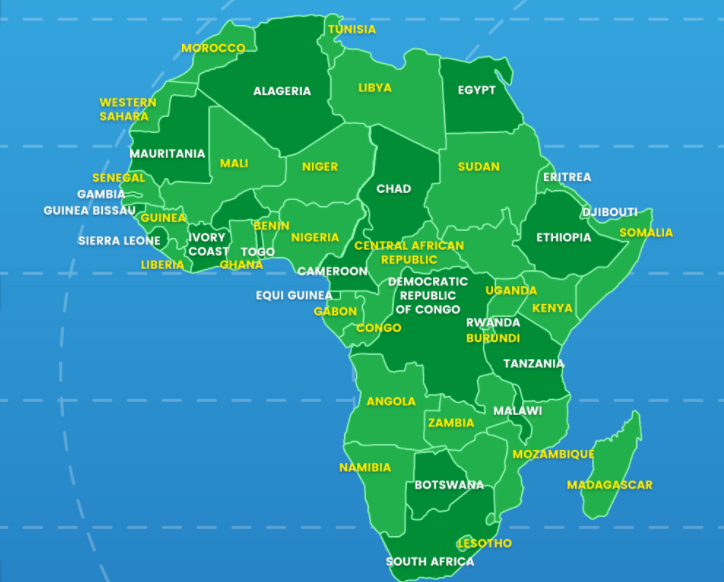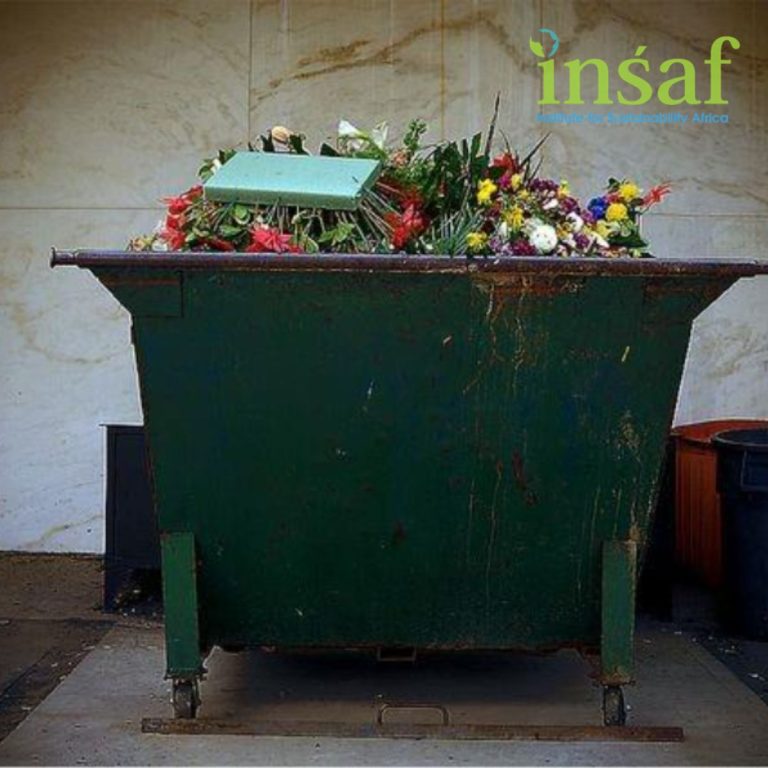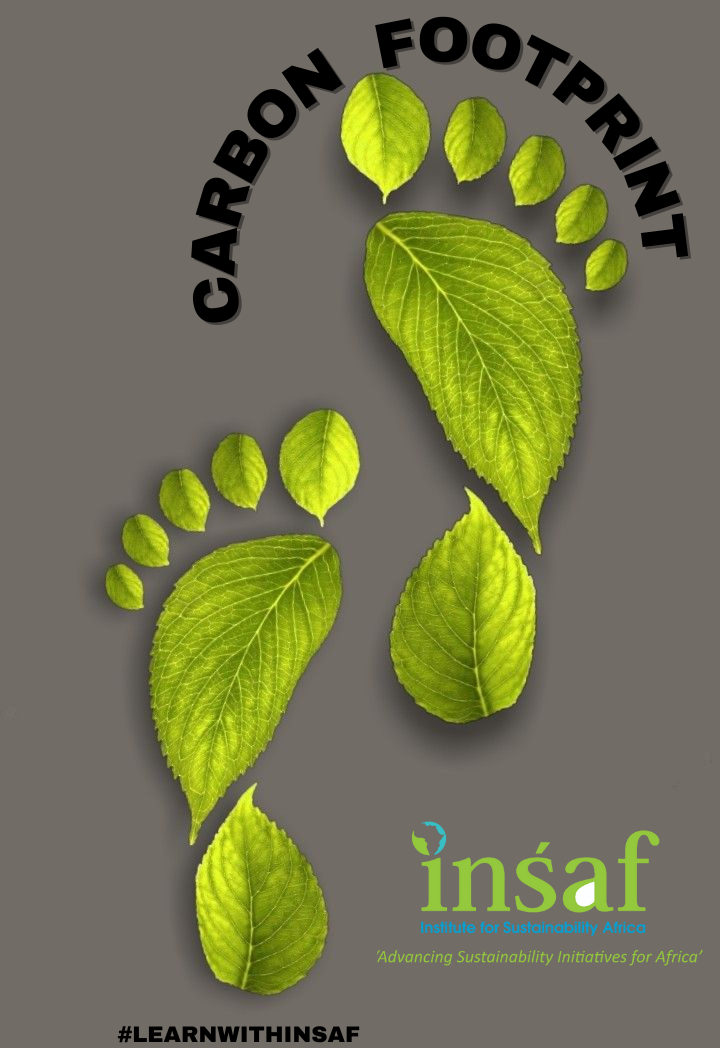Sustainability isn’t just a buzzword anymore; it’s becoming a real driver of growth for industries across Africa. Despite some common myths that hold people back, the continent is showing that going green can save money, create jobs, and build stronger communities.
One of the biggest myths is that sustainability is too expensive. The truth? Investing in energy efficient tech and reducing waste often leads to long-term savings. Across Africa, companies are cutting costs by embracing clean energy and smarter resource use. Take South Africa’s renewable energy projects as an example, using wind, solar, and batteries together now keeps the lights on reliably, debunking the idea that renewables are unreliable.
Another misconception is thinking sustainability is only about the environment. It’s really about balancing environmental care with social fairness and economic strength. African industries are finding ways to improve people’s lives while protecting the planet.
Look at Mpumalanga province in South Africa for example; once known for coal mining but now leading in clean energy investments. Firms like ACWA Power are pouring billions into renewable projects, showing that old energy hubs can transform. Plus, initiatives like the African Green Industrialization Initiative are driving this shift with big investments and new policies.
Circular economy ideas are also catching on. In Ethiopia, Askema Engineering is turning slaughterhouse waste into brake pads, creating jobs and cutting waste. The African Circular Economy Alliance is helping 21 countries embed these smart resource cycles into their development plans.
Agriculture, which feeds millions, is also going green. Kenya’s Northern Rangelands Trust promotes climate-smart farming that raises yields and helps farmers adapt to changing weather. For example, AGRA is supporting smallholders to grow food sustainably and build resilience.
On top of that, integrated industrial zones and Industry 4.0 tech like AI and IoT are helping African industries use resources more efficiently and waste less.
Of course, challenges remain. Funding and infrastructure gaps, policy inconsistencies, and a need for more trained workers slow progress. But with the right investments, education, and partnerships, Africa can boost its sustainable future.
By breaking myths and focusing on practical, innovative solutions, African industries are ready to build a future that’s good for business, people, and the planet.





